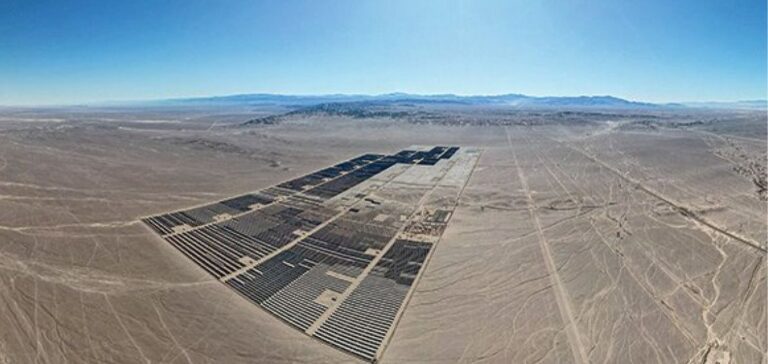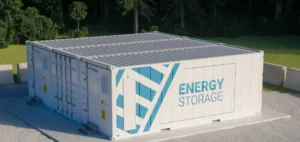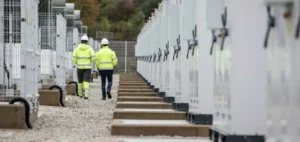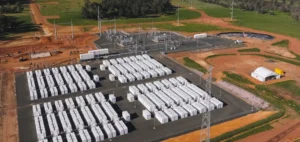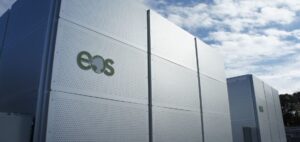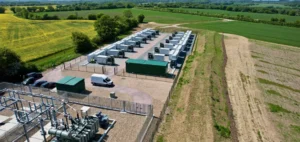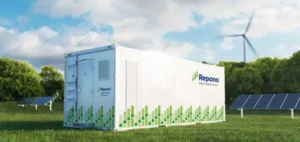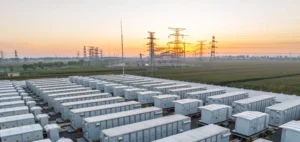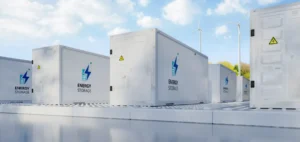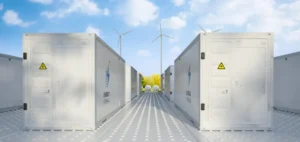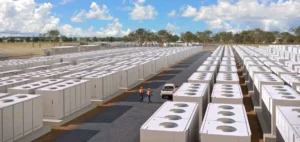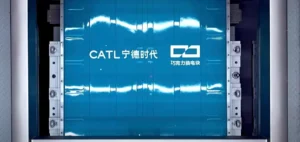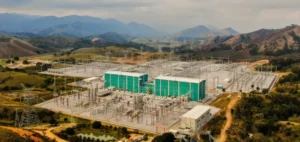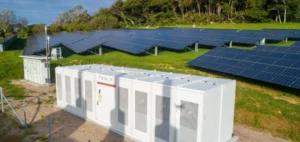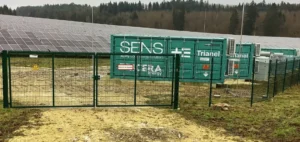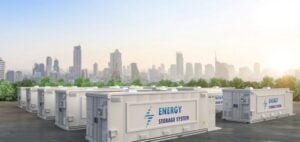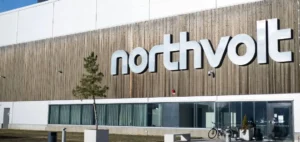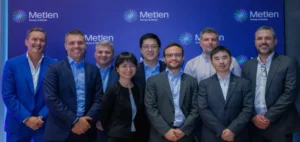Coya, a solar power plant in Chile, will host a battery energy storage system developed by Engie.
A storage system
Coya is located in the municipality of María Elena in the Antofagasta region. The solar plant will host a 638MWh storage system. The site will be equipped with BESS technology using lithium batteries from Sungrow Power Supply.
The storage system will store renewable energy from the Coya photovoltaic park. Thus, the site will be able to supply this energy for 5 hours. This translates into an average delivery of 200GWh per year.
Coya’s battery energy storage system will power approximately 100,000 homes. In addition, it will avoid the emission of 65,642 tons of CO2 per year. This is equivalent to the removal of approximately 22,000 vehicles from the road.
A second project
Rosaline Corinthien, CEO of Engie Chile, says:
“Engie continues to make progress on its decarbonization plan. The BESS Coya project will allow us to provide clean solar power to the grid overnight, increasing the flexibility of solar plant dispatch on the national power system, making it more efficient and providing greater security of supply.”
In addition, construction is expected to begin this month. The goal is to have Coya’s battery energy storage system operational by the first quarter of 2024.
Ada Li, director of Sungrow Latin America, says:
“We are proud to partner with Engie to offer our advanced liquid-cooled energy storage system, the PowerTitan, which makes it easier for our customers to store energy in a more efficient and sustainable way. We are grateful to Engie for the trust they have placed in us. This is already our fourth project with them in Chile. As an early player in the Chilean solar and storage market, Sungrow offers competitive products and services, backed by a dedicated local team for sales, technical support and after-sales services.”
The partners recall that the Coya plant was to be powered up by the end of October 2022. In addition, it has a nominal power of 181.25MWac.
For Engie, the battery energy storage system is the second initiative in the development of this type of project. Indeed, the first site is also located in Chile in Arica. In addition, it has a lithium-ion battery system with a storage capacity of 2MW/h.

